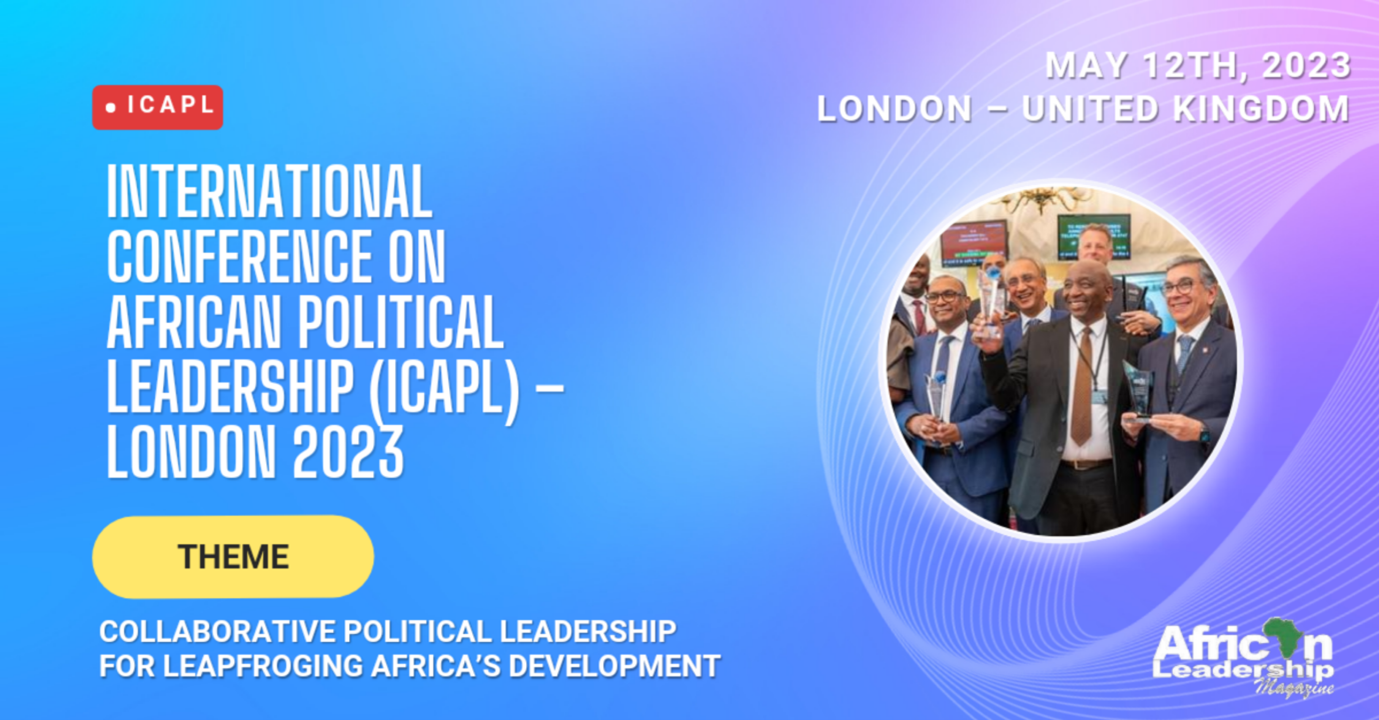With the shape of a blue drop of water as the main symbol for the day, the intention is to inspire people around the world to celebrate and learn more about water, and related issues surrounding it and to take action in order to make a difference. How can we be in good health, how can we build a world of peace and justice, in a world that is thirsty, or makes itself sick by drinking water that is unfit for consumption? This article focuses on the importance of water, why water should be celebrated, problems related to water, and possible actions that need to be considered in order to tackle the global water crisis.
The key to life is water. It is the sole foundation for the health and development of our societies. Water is currently our most valuable resource, although makes up 60% of the human body and 70% of the Earth’s surface, one could simply say; if we ran out of water, we would stop existing.
International World Water Day is observed every 22nd of March. Since its inception in 1993 by the United Nations, many events have been held in observance of World Water Day throughout the globe. They can take the form of theater, music, or awareness raising and campaigns to generate money for water projects for some African countries that may be in need of it.
The 2023 World Water Day campaign is currently active. The UN’s commemoration this year is centered on quickening action to address the water and sanitation challenges. Be the Change, a worldwide initiative, calls on people to change how they use, consume, and manage water in their own lives.
This year’s celebration, themed “Accelerating Change” is a reminder and a call to take action towards the water crisis in the world, especially in Africa. To elaborate on the massive importance of water on the livelihoods of many people, especially in a dry and water-scarce country in Africa. It is a very relevant theme as people, especially those who do not suffer and get regular supplies from their taps sometimes take the importance and value of access to water for granted.
Water has an impact on many facets of development and is connected to almost all SDGs. It promotes healthy ecosystems, fosters economic progress, and is important to existence.
As part of the 2030 Agenda, the world pledged to achieve Sustainable Development Goal (SDG) 6, which calls for the safe management of water and sanitation worldwide by the year 2030.
Water has been an essential part of human life and poses a serious problem because many people all over the world cannot access it when they need it.
According to a recent report from the United Nations Children’s Fund (UNICEF) and the World Health Organization (WHO), about 2.2 billion people around the world do not have safely managed drinking water, 3.6 billion people do not have safely managed sanitation services, and 2.3 billion lack basic handwashing facilities.
Progress on all significant global issues—from health to hunger, gender equality to employment, education to industry, disasters to peace—is being hindered by dysfunction throughout the water cycle.
Billions of people are currently significantly off-course. Because their human rights to water and sanitation have not yet been met, billions of people and innumerable enterprises, hospitals, farms, and industries are being held back.
Lack of water is causing crops to dry up, cattle to die, and families to flee their homes in search of water
Children and families in Africa face a significant danger of sickness, malnutrition, and death due to persistent conflict and displacement caused by water.
The majority of the world’s poorest nations are in sub-Saharan Africa, and poverty is a significant obstacle to access to water and sanitation.
The sub-Saharan African region is experiencing a water crisis that is being aggravated by natural disasters, rising pollution, and a lack of resources.
Water is one of the biggest threats to economic growth, the eradication of poverty, and sustainable development due to gaps in access to water supply and sanitation, growing populations, more water-intensive patterns of expansion, increased rainfall variability, and pollution.
In today’s interconnected and fast-changing world, such stress has local, national, transnational, regional, and global repercussions. The poorest and most vulnerable people will be disproportionately affected by the consequences.
Growth in the Economy is “a Thirsty Business”
Since water is essential for manufacturing, slower growth results from declining water supplies. Water-related losses in agriculture, health, income, and prosperity might cause some regions’ GDP growth rates to drop by as much as 6% by 2050. Achieving the global poverty alleviation targets requires ensuring a sustainable and consistent supply of water in the face of growing scarcity.
Water is necessary for inclusive development
Everyone has a right to water, but many people are unable to enjoy its advantages. An inclusive strategy is necessary to ensure the equitable and sustainable distribution of water. Access to and a voice in the water sector are necessary for women, young people, people with disabilities, indigenous tribes, and other underrepresented and marginalized groups. These populations are increasingly being excluded due to causes like climate change, which by 2050 is expected to drive over 140 million people to relocate within their own countries.
Water is a vehicle for the expression of climate change
Water is a factor in nine out of ten natural disasters. Water-related dangers to the climate affect the food, energy, urban, and environmental systems all at once. Water must be a central component of adaptation measures if we are to meet our climate and development goals.
Activities should prioritize the following measures in order to represent the significance of water management for lowering vulnerability and increasing climate resilience and to lead effective climate change adaptation:
• Promote investment and solutions that incorporate management of “natural infrastructure” – the ecosystem services provided by healthy watersheds and coasts – and their benefits for climate-resilient development of the food and energy sectors.
• Expand beyond traditional integrated water resources management (IWRM). Efforts to reduce greenhouse gas emissions also depend on access to reliable water resources, as all mitigation actions need water to succeed.
• Support actions at scale to build climate resilience by combining watershed management, sustainable infrastructure, and empowerment and learning through adaptive institutions.
Access to Proper Water Supply and Sanitation
When people lack access to clean restrooms, they choose to urinate in the open, where exposed human waste is transported back into people’s food and water supplies. Sanitation facilities properly isolate human waste from the human touch. Sub-Saharan Africans make up around one-fourth of the world’s open defecators, and they search for a private place to relieve themselves on average for 2.5 days per year. Gender-based violence might occur as a result of women taking more time to find a safe location to go.
Poor sanitation and the use of contaminated drinking water enhance a person’s susceptibility to cholera, dysentery, typhoid, diarrhea, and other water-borne illnesses. Children under the age of two die more frequently in South Asia and sub-Saharan Africa. According to reports, 115 people in Africa pass away from illnesses brought on by poor hygiene, sanitation, and water contamination per hour.
Water Knows no Border
Transboundary cooperation is vital for the economic well-being of entire regions. More than three billion people rely on transboundary river basins for their needs, yet 60 percent of the world’s 310 international river basins lack frameworks to govern disputes. Climate and pollution risks in many transboundary basins, already high, are expected to increase.
Water is crucial in determining whether the world will achieve the SDGs. The world needs a fundamental shift in how it understands, values, and manages water.
While we celebrate this year’s World Water Day, it is pertinent that we smartly invest in clean water and sanitation in order to prevent needless deaths and transforms lives. Healthier children become healthier adults who contribute more to the economy. This principle is at the core of the World Bank’s Human Capital Project.
Sanitation is paramount to health, economic growth, and the environment. Investing in sanitation is about safeguarding human health, investing in people, and transforming lives. Approximately 446,000 children under 5 years die due to diarrhea linked to inadequate WASH. This amounts to 9% of the 5.8 million deaths of children younger than 5.
According to a WHO/UNICEF, safely managed water, sanitation, and hygiene (WASH) services are also an essential part of preventing and protecting human health during infectious disease outbreaks, including the recent COVID-19 pandemic.
Water affects everyone, so we need everyone to take action.
You, your family, your school, and your community can make a difference by changing the way we use, consume, and manage water in our lives.
To help governments fulfill their commitment to SDG 6.2, which calls for ensuring access to sufficient and equitable sanitation and hygiene for all by 2030, technological advancements, political commitment and leadership, and breakthroughs in service delivery and funding models are all required.
These commitments will come together to form the Water Action Agenda, which will be unveiled during the UN Water Conference in 2023.
This World Water Day offers a once-in-a-generation chance to come together around water and advance together.
Participate by taking action where you can.
Water is Life, let’s preserve it.



